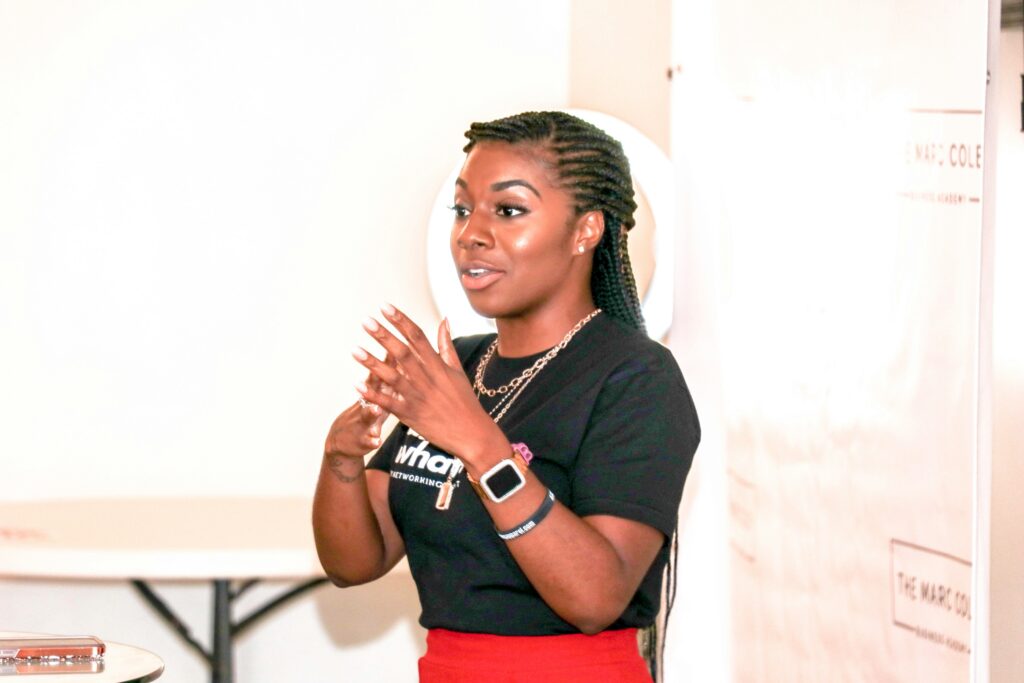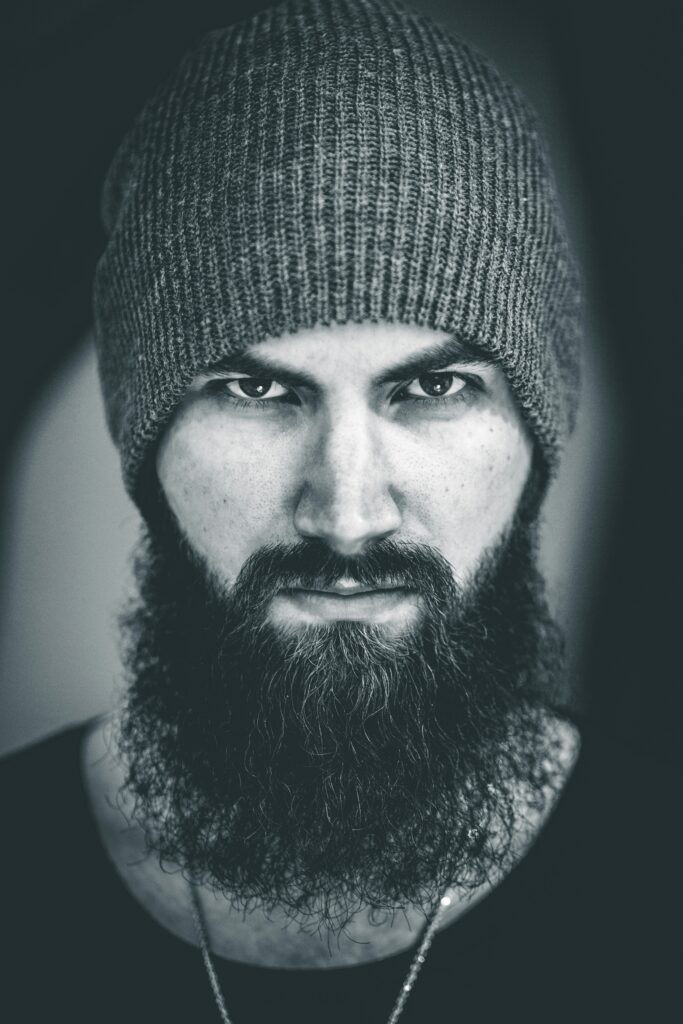Two years ago, I wrote a blog post about the Amber Heard and Johnny Depp defamation case. Over the course of two years, my thoughts and opinions have changed – slightly – and probably not in the way most people who follow mainstream media would expect. I’ve become more educated and experienced with my role as an advocate and with an abuser tactic called DARVO (I’ll dive into what that is here in a little bit).
I focused that initial blog post on the reaction the public was giving to the case, noting that this trial will impact future victims coming forward. No surprises here: it did just that.
I also danced around a lot of topics, not wanting to upset anyone who read the initial blog post. I will never, ever insinuate that men cannot be abused – but I was woefully worried that my original post would be taken that way if I firmly defended Heard. Public perception over this case was crazy at the time. I no longer have the fear that I will offend someone – because I have statistics, resources, and real-world experience to back my opinions up. And, I absolutely believe that survivors of abuse should be loudly defended.
*Please note that through the duration of this blog I will be referring to violence against women by their male partners – even though men and LGBTQ+ individuals can and do experience abuse.
Since the conclusion of this trial, if a woman comes forward with a sexual assault accusation but isn’t “squeaky clean” within her personal life (or if the man she is accusing is more “popular” than her) then she is immediately compared to Amber Heard. We have conjured and cemented (as a society) the idea of a “perfect victim” through this trial. It has always been this way – but the Depp v. Heard trial amplified these misogynistic beliefs to become even more forefront within our justice system and public opinion.
Society has decided that the perfect victim is an innocent. She doesn’t drink or do drugs. As a result, she has a clear memory of her assault. She has evidence—but not too much evidence because that would mean that she’s vindictive and planned to speak out. In fact, when she comes forward, she does so reluctantly – timidly. She is not full of rage, she is poised.

She cuts off contact with her abuser as soon as the abuse takes place. She does no wrong—at the office, in relationships, as a mother or daughter. She’s never lied about anything, ever, in her entire life. She dresses “appropriately.” She has never yelled or said hurtful things to her abuser. She has never fought back.
She does not exist.
In that first blog, I said that “abuse is not always black and white.” And that is still true. It’s not. What is, though, is what abuse really is about: power and control. Abuse always has something to do with power and control.
Initially, when allegations of abuse surfaced against Johnny Depp, there was a notable portion of the public that rallied behind him. Depp, a beloved and iconic figure in the entertainment industry, enjoyed widespread support, with many questioning the credibility of Amber Heard’s claims – even though a prior trial in the UK ruled that Heard’s claims were “substantially true.”

This reaction can be attributed to various factors, including Depp’s status as a popular celebrity and the tendency to prioritize his reputation over Heard’s allegations.
Society’s reflexive defense of Depp highlights a common phenomenon where individuals accused of abuse, especially when they hold positions of power or fame, are given the benefit of the doubt. This knee-jerk reaction reflects deeply ingrained biases and societal norms that often discredit or minimize the experiences of victims, particularly women, in cases of intimate partner violence.
As the case unfolded and more evidence came to light, the narrative began to shift ever so slightly. Details of Depp and Heard’s tumultuous relationship emerged, painting a more complex picture of the dynamics at play. Reports of “mutual abuse” and volatile behavior from both parties began to challenge the initial United States perception of Depp as the victim and Heard as the perpetrator trying to get back at a powerful man.
Admittedly, this idea of mutual abuse was one that I, myself, believed in for quite some time. But the truth of the matter is that “mutual abuse” is extremely rare (if it even exists at all) – remember, abuse is about power and control. There is always a dominant aggressor – even if the victim responds in a toxic, volatile way. Someone always has more control.
Because of the way that abuse fundamentally works, in order to believe what Depp counterclaimed against Heard you’d have to believe that she, at the age of 23, set her sights on one of the most powerful, wealthy, visible and loved men in the world and saw an easy mark. She saw a man 25 years her senior who has a team of around-the-clock carers, staff and security personnel and thought, “Yes, this person will be easy for me to control, harm, and manipulate”. You’d have to believe that somehow, the fundamental dynamics of abusive relationships switched and went completely backwards, just this one time. You’d also have to believe that Heard invented false sexual assault stories about Depp as part of this evil plan of hers — but never told anyone about them except her therapist, privately, in therapy, at the time they happened. She never made a public accusation of rape or sexual assault at any point. She only testified about it (under the strict condition of confidentiality) in the UK because she was a witness when Depp sued The Sun, and then she only ever mentioned it again when he forced her to, publicly, on camera, in front of the world during the trial in Virginia.
An abuser’s authority and control are paramount, and they feel entitled to it, and their choice of victim is deliberate. This is why the vast majority of abusers tend to choose younger, less financially secure, less socially powerful victims. Often these are victims with low self-esteem, who they know don’t know how to advocate for themselves.
Here is where my understanding of DARVO comes in. DARVO stands for “Deny, attack, and reverse victim and offender.” DARVO is an abuse tactic that a person may use to deflect responsibility onto an individual they have abused. It is a form of manipulation a person may use to discredit a survivor’s experience.
Someone may use DARVO to make it seem as though the survivor of their abuse was actually the perpetrator. Oftentimes, a person using DARVO may state that they are the one who has experienced abuse rather than the actual survivor. They will deny any true wrongdoing. This form of manipulation may make it difficult for other people to determine who is telling the truth.
The “deny” portion of DARVO is, I believe, the easiest to grasp. Denying the abuse happened. Gaslighting the world and the victim into believing that they are crazy or blowing things out of proportion. “Attacking” gets a little more complicated. This looks like an abuser vilifying their victim by saying their victim is untrustworthy because of mental illness, prior relationships, substance abuse problems, or prior instances of consent (when it comes to sex within the relationship). “Reversing victim and offender” is the last portion of DARVO. This is where the perpetrator of violence attempts to make everyone believe that the victim is the abuser. The abuser does their best to make it seem like the victim was “out to get them” or gaining something by coming forward with abuse allegations.
That’s the “funny” thing about this case – Amber Heard never named Johnny Depp in her article that started this all. Amber Heard did not initiate this trial. She had nothing to gain and everything to lose by coming forward. She didn’t even have a prenup with Depp. In a straightforward divorce settlement (under California law) she would’ve been better off. But she walked away from this because she needed a restraining order against Depp.

Experts on domestic violence, intimate partner violence, sexual assault, and women’s rights agree that Depp used DARVO to shift public perception and paint Heard as a villain. Depp’s team knew that having the trial televised and recorded would give way to an onslaught of “clippable,” “memeable” moments that would undoubtedly favor everyone’s favorite Disney pirate.
Our society’s tendency to not believe survivors of abuse, misogyny, and Depp’s use of DARVO undoubtedly played a significant role in shaping public opinion and media portrayals throughout the trial. Heard faced intense scrutiny and character assassination, with her credibility called into question based on her personal history and perceived behavior. The concept of the “perfect victim” emerged, reinforcing unrealistic expectations that survivors of abuse must adhere to a narrow set of criteria to be deemed credible.
The backlash against Amber Heard during and after the trial was particularly intense and often manifested in various forms of hate, harassment, and vilification. Heard became a lightning rod for criticism and vitriol from both the public and certain factions of the entertainment industry.

One of the most prevalent forms of hate directed towards Heard was online harassment, with social media platforms serving as breeding grounds for misogynistic attacks and character assassination. Heard was subjected to relentless trolling, with individuals hurling insults, threats, and derogatory comments her way. This digital onslaught not only targeted Heard personally but also sought to undermine her credibility and invalidate her experiences as a survivor of abuse.
Heard endured disparagement from some quarters of the entertainment industry, with certain individuals and media outlets perpetuating negative narratives about her character and integrity. Tabloid headlines sensationalized and distorted the details of the case, painting Heard as a manipulative and opportunistic figure seeking to destroy Depp’s career and reputation. Her allegations of abuse were completely disregarded in an attempt to make a quick joke at her expense. Conspiracy theories, misinformation, and a pervasive culture of victim-blaming collided in to exacerbating the abuse that Heard experienced.
It is easy (and desirable) to simplify narratives into heroes and villains. Depp is a renowned, beloved figure. To lots of individuals, reconciling the fact that their favorite actor is an abuser could be too much. No one wants to believe that someone they revere could truly be awful. Society damn near infantilized Johnny Depp when this trial was taking place. The world (mostly the United States) painted him as an innocent, funny drunk that maybe got a little out of control a few times.
But who doesn’t get a little wild occasionally, right?
I don’t know about you, but I’ve never gotten so “wild” that I text my friend that I want to “burn and rape” my partners corpse – in any context, for any reason.
Truthfully, abusers will use the courts to further torture their victims. This happens all the time, and they do it to force contact or interaction or reestablish a sense of control after a relationship ends. They do it to exert what power they still have left over their victim, to ruin them financially, and to traumatize and punish them for as long as they can for having the “gall” to leave. Depp took it up a notch, though. He has used all of the social and celebrity fame, and all the money and power at his disposal, to absolutely destroy, humiliate, and exile that woman on a scale that not seen before. “Global humiliation”, just like he promised her in this horrifically malicious email.
Again, Heard had nothing to gain from talking about her abuse. Most victims rarely have anything to gain other than their own peace of mind or safety.
This isn’t just about Johnny Depp. It isn’t just about Amber Heard. This case is about misogyny and victim-blaming, and how quickly we will believe even the most ludicrous stories once they’re uttered from a powerful man’s mouth, and how much we still so dearly love to have a witch to burn.
It was so easy for the public to listen to an audio tape leaked by the team of her accused abuser and accept it at face value. To keep believing it, even after it’s proven to have been manipulated. To actually know something is a lie, and to choose to believe the lie anyway once it protects a popular man and demonizes the woman jeopardizing his status or movie deals.
The hate directed towards Amber Heard to this very day serves as a sobering reminder of the consequences of speaking out against powerful individuals and systems of oppression. Survivors of abuse often face significant barriers to seeking justice and accessing support, as they navigate a landscape fraught with disbelief, victim-blaming, and retribution.
Refusing to believe survivors when they come forward carries grave repercussions. Statistics show that false rape reports are exceedingly rare, with reports of domestic abuse not far behind. It’s also crucial to acknowledge that there are consequences for falsely accusing someone of violence.
As time has passed and the complexities of cases like Heard’s continue to unravel, it prompts us to reflect deeply and ask ourselves: Are we now prepared to believe Amber Heard? Are we willing to extend that belief to all survivors of abuse, irrespective of their circumstances or the identities of their perpetrators?
These questions are not merely rhetorical. They demand introspection, empathy, and a commitment to fostering a culture of accountability and support for survivors. Until we can unequivocally answer “yes” to these questions, we will continue to perpetuate the cycle of silence and injustice that allows abuse to thrive unchecked in our society.
If you need any additional information, have a question, or a concern, feel free to reach out to Options at our 24-hour toll-free helpline 800-794-4624. You can also reach an advocate by texting HOPE to 847411 or click 24-Hour Chat with Options.
Written by Anniston Weber



